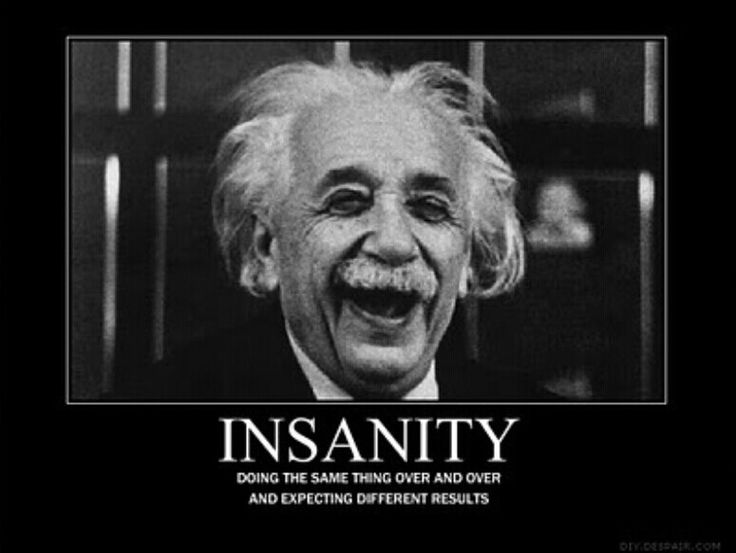In Our Mutual Friend, Dickens has Eugene responding to Mr. Boffin’s moral about the industry of bees:
But there’s nothing like work. Look at the bees.’
‘I beg your pardon,’ returned Eugene, with a reluctant smile, ‘but will you excuse my mentioning that I always protest against being referred to the bees?’
‘Do you!’ said Mr Boffin.
‘I object on principle,’ said Eugene, ‘as a biped — I object on principle, as a two-footed creature; — I object to being constantly referred to insects and four-footed creatures. I object to being required to model my proceedings according to the proceedings of the bee, or the dog, or the spider, or the camel. I fully admit that the camel, for instance, is an excessively temperate person; but he has several stomachs to entertain himself with, and I have only one. Besides, I am not fitted up with a convenient cool cellar to keep my drink in.’
‘But I said, you know,’ urged Mr Boffin, rather at a loss for an answer, ‘the bee.’
‘Exactly. And may I represent to you that it’s injudicious to say the bee? For the whole case is assumed. Conceding for a moment that there is any analogy between a bee, and a man in a shirt and pantaloons (which I deny), and that it is settled that the man is to learn from the bee (which I also deny), the question still remains, what is he to learn? To imitate? Or to avoid? When your friends the bees worry themselves to that highly fluttered extent about their sovereign, and become perfectly distracted touching the slightest monarchical movement, are we men to learn the greatness of Tuft-hunting, or the littleness of the Court Circular? I am not clear, Mr Boffin, but that the hive may be satirical.’
‘At all events, they work,’ said Mr Boffin.
‘Ye-es,’ returned Eugene, disparagingly, ‘they work; but don’t you think they overdo it? They work so much more than they need — they make so much more than they can eat — they are so incessantly boring and buzzing at their one idea till Death comes upon them — that don’t you think they overdo it? And are human labourers to have no holidays, because of the bees? And am I never to have change of air, because the bees don’t? Mr Boffin, I think honey excellent at breakfast; but, regarded in the light of my conventional schoolmaster and moralist, I protest against the tyrannical humbug of your friend the bee. With the highest respect for you.’
‘Thankee,’ said Mr Boffin. ‘Morning, morning!’”
From John Stuart Mill’s Principles:
It is not good for man to be kept perforce at all times on the stretch of his faculties, for the purpose of producing wealth… Nor is there much satisfaction in contemplating the world with nothing left to the spontaneous activity of nature; with every rood of land brought into cultivation… Nor could mankind continue to grow in numbers, without eventually increasing the pressure of population against subsistence, if they did not discover in coal and petroleum a temporary expansion of their resources. What will happen when England has exhausted her coal, is a question which gives anxiety to many thoughtful minds……..
I cannot, therefore, regard the stationary state of capital and wealth with the unaffected aversion so generally manifested towards it by political economists of the old school. I am inclined to believe that it would be, on the whole, a very considerable improvement on our present condition……..
It is scarcely necessary to remark that a stationary condition of capital and population implies no stationary state of human improvement. There would be as much scope as ever for all kinds of mental culture, and moral and social progress; as much room for improving the Art of Living, and much more likelihood of its being improved, when minds ceased to be engrossed by the art of getting on…….
If the earth must lose that great portion of its pleasantness which it owes to things that the unlimited increase of wealth and population would extirpate from it, for the mere purpose of enabling it to support a larger, but not a better or a happier population, I sincerely hope, for the sake of posterity, that they will be content to be stationary, long before necessity compels them to it……..
